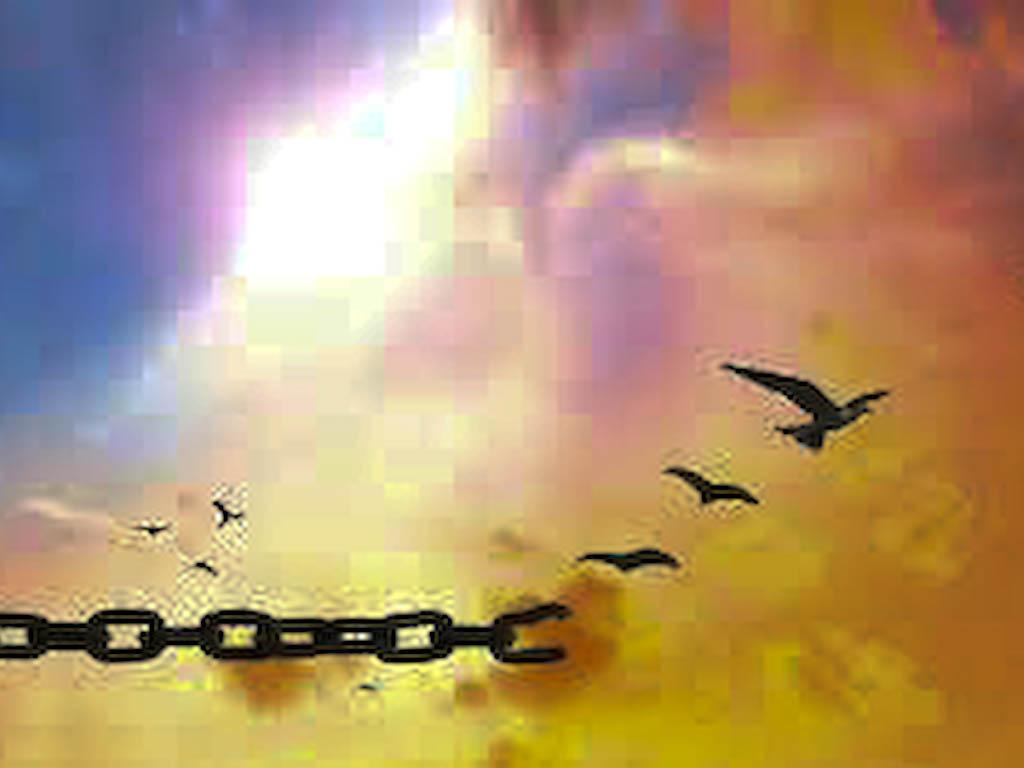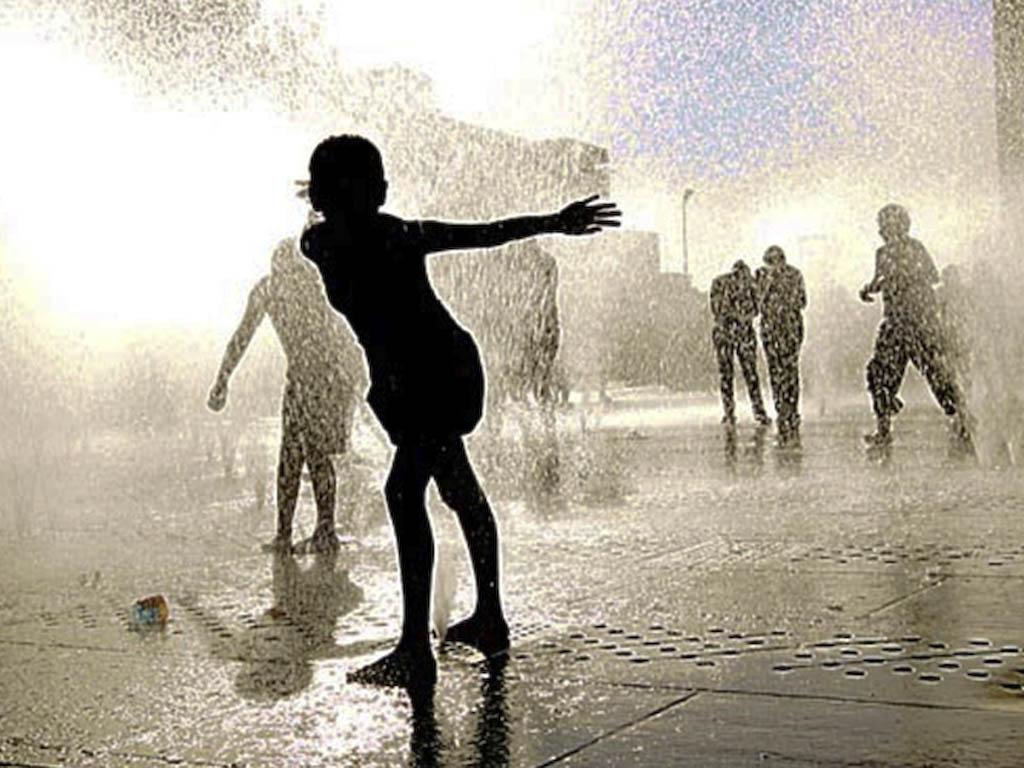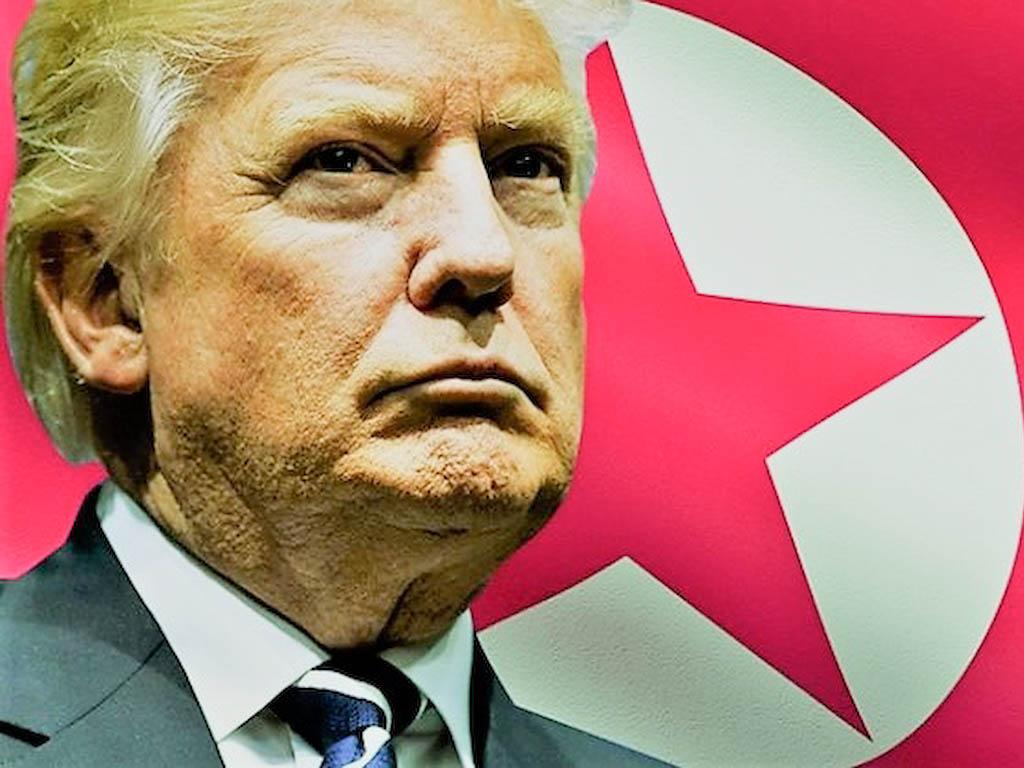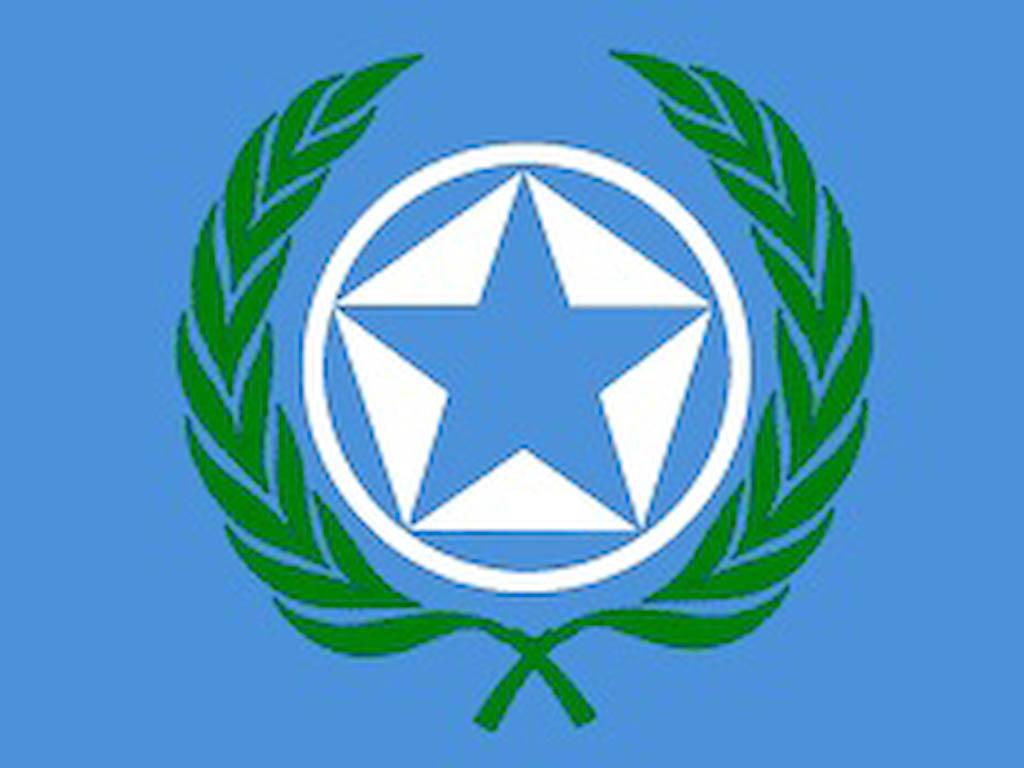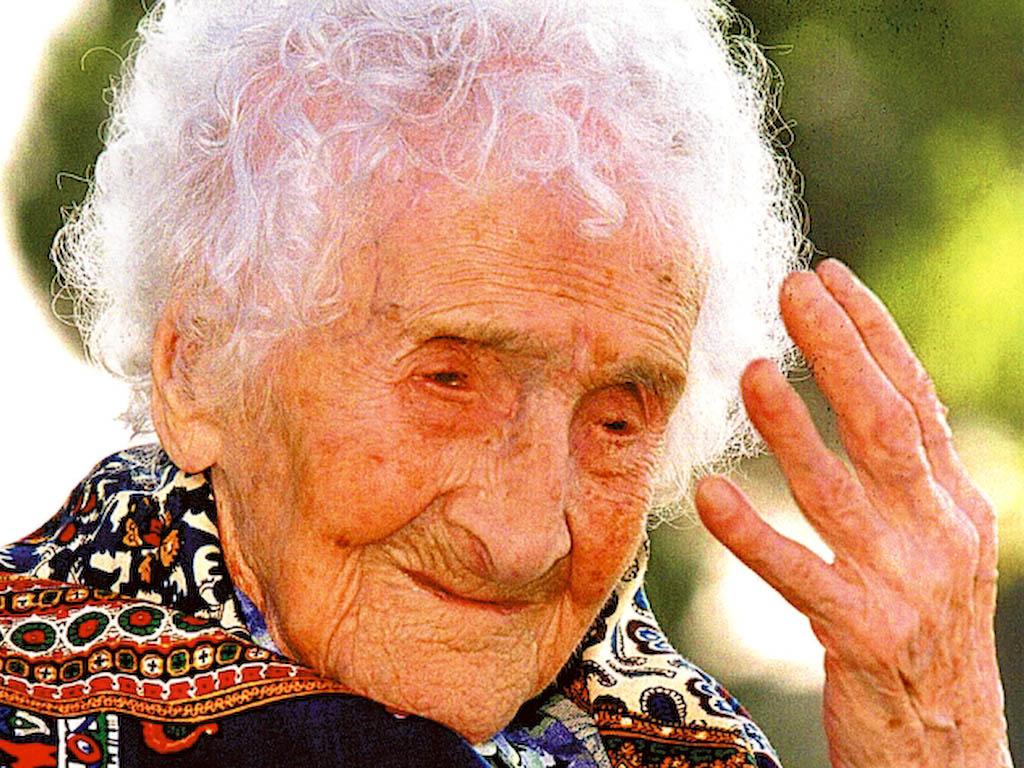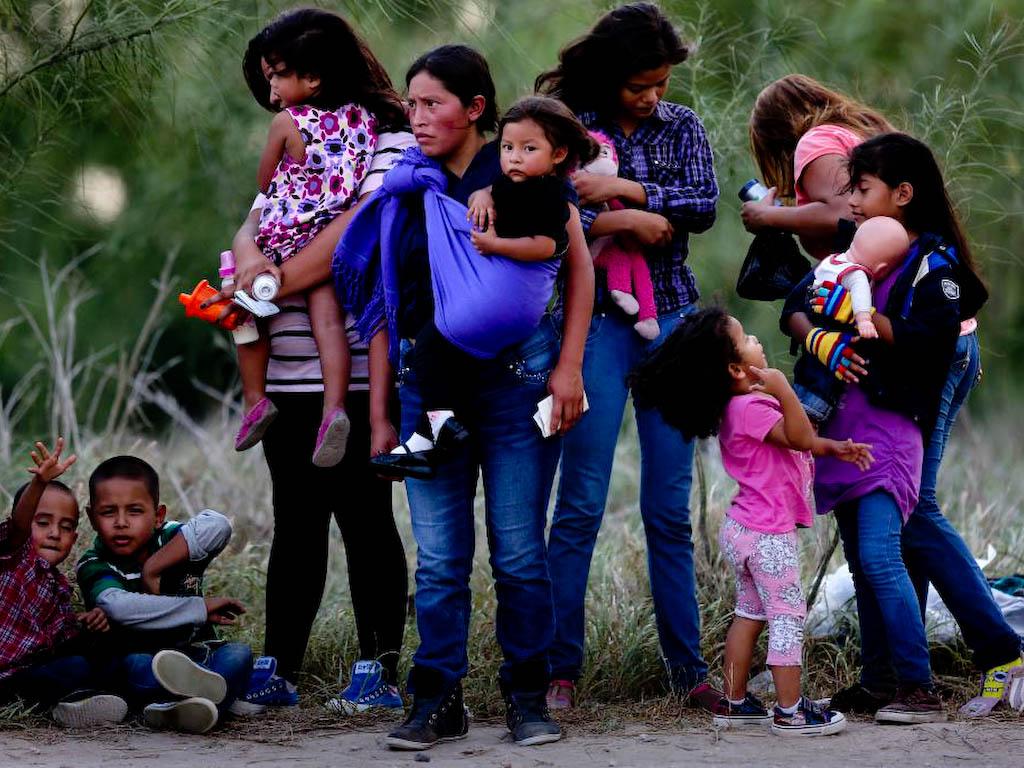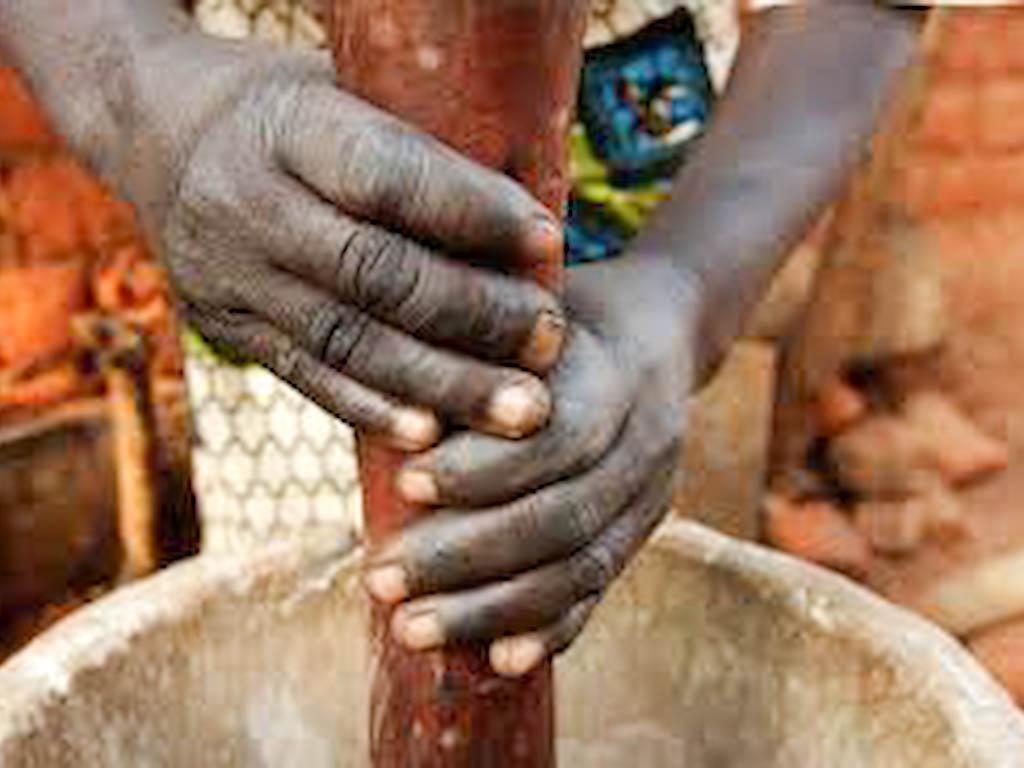Jpic News from John Paul Blog - Vol. 6 - N 2
|
THE NEWS OF THE MONTH
Democracy at the service of the common good"A democracy without fundamental values to guide political and social action easily becomes a more or less covert totalitarianism." Democracy, monarchy, republic or dictatorship are not, in principle, more than frameworks in which social and political relations are circumscribed with a multiplicity of cultural, demographic, political and religious factors. Ten reflections on democracy inspired by the Compendium of the Social Doctrine of the Church 1.-The human person Democracy is valuable insofar as it ensures participation and guarantees the possibility of electing and controlling the rulers, as well as replacing them when appropriate by peaceful means. An authentic democracy is only possible in a State based on a right concept of the human person, where the development conditions of each person are given, through the ideals and values inspiration, and where there are structures of participation and co-responsibility. 2.- Basic values Democracy is not just a series of requirements or rules for a formal fulfillment; all its actions should respect a minimum foundation that is the intrinsic dignity of every human being, born or unborn, sick or healthy, enlightened or illiterate, rich or poor, believer or atheist, chaste or promiscuous. This implies the protection of fundamental rights - starting with the right to life, and the assumption of the common good as the aim and criterion of political life. 3.- The risk of relativism Ethical relativism is a threat to the democratic system. One thing is the plurality of opinions and another the contempt of objective criteria on crucial issues. A harmful drift of moral relativism is where those who do not declare themselves agnostic or skeptical are disqualified from the public debate; those who affirm that it is possible to know and defend the truth are then designated as anti-democrats, fanatics. A democracy without fundamental values guiding political and social action easily becomes a more or less visible or covert totalitarianism. Democracy is only an instrument, and not an end in itself, and its morality, therefore, is not autonomous, but depends on the morality of the aims it pursues and the means it uses to achieve them. Go on reading here | |
|
CELEBRATING!
February 8th: International Day against Trafficking in personsVery often mere children are involved in sexual trafficking, as in the case of three cousins aged 8 - 9 years from a poor family in Cebu City, Philippines, trafficked for cybersex. “A guy approached our mothers and asked if we wanted to earn some money” say the little ones – “He asked to take us to a place to meet foreign people on the internet. According to him, he would only show our faces on the computer and in return would give 100 pesos. Our mothers, thinking about money they would receive, accepted the offer. The guy convinced us to go with him to help our families. Since we were very poor we believed in his promises “.But very soon they found themselves involved in a terrifying reality. They were threatened not to tell at home what they were forced to undergo. Thanks to the intervention of the local police, they managed to escape. The girls followed a recovery program, but the psychological damage suffered has marked them forever. If you want to know more about this Day established by Pope Francis, in 2015 click here Let us pray and be informed on the widespread phenomenon of the trafficking of children and adolescents. On the website www.preghieracontrotratta.org you can find more information and materials. You can take part in this initiative: Organizing a prayer: download the text. Contacting the press to raise awareness: – download the press release - read testimonials to sensitize – send the audio spot. For more information, see here | |
|
TAKE ACTION NOW!
! President Donald Trump’s Comments about Haiti and African CountriesPress, opponents and public opinion reaction to US President’s comments on Haiti and some African Nations has been unanimous. Few, on the other hand, analyze the origin and implications of such a position of a President who calls himself a “genius” and runs a country that pretends to be the world leader in democracy. A letter made public by AFJN, a missionary NGO working for justice and peace, tries to analyze such attitude. It is a call to “Act” in the depths of our conscience and mind, and of those who surround us, so to avoid the risk of reducing to folklore the outputs of such disputable and discussed personage, while his ideology continues to penetrate deeply in so many consciences. Read here the AFJN letter. “The recent comments of January 11, 2018 about Haiti and African nations, attributed to President Trump during a White House official bi-partisan immigration negotiation with select members of Congress on legislation to protect immigrants, is deeply troubling. While this is not the first of such remarks, the travesty here is that Mr. Trump is in the White House and serves as the President of the United States. That makes his repeated denigrating comments very disconcerting. Besides, such remarks have given a new voice to the Klan and emboldened like-minded groups and individuals. The irony here is that it diminishes the office of the President of the United States and America’s standing on the world stage. In the end, it hurts the American people. The repeated unchecked comments in the public square set a new low for the office of the president and bring untold distress to millions of Americans. Never in our lifetime has the office of the American president been so ridiculed at home and abroad. The Africa Faith & Justice Network (AFJN), her organizational members, board of directors, staff, and numerous individual members and supporters join millions of Americans in offering a sincere apology to the peoples of Africa and Haiti. Please know that Mr. Trump’s comments do not reflect our values. We cherish and respect you as our sisters and brothers created in God’s image. AFJN, inspired by the Gospel and informed by Catholic Social Teaching, works to promote just U.S.-Africa relations and in partnership with the African peoples as they engage in the struggle for justice, peace, and the integrity of creation. We respect and cherish you as God’s own children. Hundreds of thousands of the people demeaned by Mr. Trump’s comments are among the exceptional individuals in diverse professions that keep America running. We call on President Trump to respect and cherish them, even if from a far distance. We call on the American people to ensure that this is not another “nine-day wonder” that generates noise in the heat of the moment but then fades away into the far distance and forgotten until another episode erupts. This denigrating mentality needs to be addressed in a sustained manner so that the rights and dignity of all people are respected. Remember the saying that all that it takes for evil to persist is that good people do nothing. African leaders must ensure that they do not create conditions or provided opportunities that play into behaviors that ferment this kind of abuse and that the denigration of a whole continent does not continue. They must uphold the rule of law and use the abundant wealth that God has blessed the continent with for the common good. May peace, justice and respect for others reign in our hearts.” http://afjn.org/president-donald-trumps-comments-about-haiti-and-african-countries/ | |
|
KNOWING BETTER THE UN
The League of Nations, the failed sister of the UNThe United Nations Organization (UN) did not emerge as a mushroom from the rain with it 1st General Assembly on January 10th, 1946 in London. Such a perception can prevent from grasping the values and weaknesses of today’s UN. The first idea of a supranational organization that knows how to guarantee the peace and well-being of everyone and of every people has a precedent in Immanuel Kant’ (1795) script For a perpetual peace in which the German philosopher proposed a legal order to protect world peace. Almost a century later, in 1864, a pacifist international diplomatic movement was born with the Geneva Convention. It reached its momentum during the Hague Convention (1907). The Confederation of the Hague States, in 1907, was already an alliance aiming at the disarmament and the use of diplomacy in disputes between nations. The 1st World War put an end to the Hague Convention but not to the aspirations for peace and international order. The idea of a League of Nations seems to have been of the English politician Edward Gray- then Secretary of State for Foreign and Commonwealth Affairs of the British Empire -. Thomas Woodrow Wilson, the United States of America president, adopted the idea. He thought it was the only way to avoid conflicts like the World War, then under way. Woodrow Wilson included the project in his speech of 8th January 1918 at the United States Congress where he also outlined a strategy to lay the foundations for a stable and lasting peace. The Paris Peace Conference of 1919-1920 fixed the terms of peace at the end of the 1st World War and represented the momentum for the US President to propose the creation of a supranational organization to safeguard world peace. On 25th January 1919, his proposal was accepted and a special commission with Wilson himself as president was entrusted with the task of drafting the statutes. These statutes - or Covenant of the League of Nations - were approved on 28th April 1919 and included in the first part of the Treaty of Versailles and signed on 28th June 1919 by 44 States, 31 of which had taken part in the War. The League of Nations (LoN) was born - the first intergovernmental organization with the commitment to enhance the well-being and quality of life of all people, to prevent wars by using diplomacy to resolve conflicts and to control arms. For this undertaking, President Thomas Woodrow Wilson, as its promoter, was awarded the Nobel Peace Prize in1919. Go on reading here | |
|
KEEP SMILING
In case you think, you are oldThe longest confirmed human Lifespan on record belongs to Jeanne Louise Calment: 122 years and 164 days. She was born in Arles, France, on 21st February 1875, and when the Eiffel Tower was built, she was 14 year old. It was at this time that she met Vincent van Gogh: "He was dirty, badly dressed and disagreeable," she recalled in an interview given in 1988. | |
|
MUST WATCH & KNOW
First the People, then the lawsThe Secretary of Homeland Security announced the termination of the Temporary Protected Status (TPS) for El Salvador. To allow for an orderly transition, it has being determined to delay the termination for 18 months, i.e. on Sept. 9, 2019. It means that an estimated 263,000 people has less than two years to leave the country or be deported. "The decision to terminate TPS for El Salvador was made after a review of the disaster-related conditions upon which the country’s original designation was based." It is the official statement. “Based on careful consideration of available information, including recommendations received as part of an inter-agency consultation process, the Secretary determined that the original conditions caused by the 2001 earthquakes no longer exist." The TPS has allowed immigrants from El Salvador to live and work in the US since 2001, when earthquakes destroyed part of this Central American nation. Thus, the TPS for the El Salvadorians end. Nevertheless, Donald Kerwin, Executive Director of the Center for Migration Studies (CMS), in a statement says that the decision concerns "roughly 200,000 El Salvadorans with strong and deep ties to the United States”. According to CMS's research, 88 percent of Salvadoran TPS beneficiaries work, large numbers are homeowners, they have 192,700 US citizen children, and have lived in the United States (on average) for 21 years. As the government of El Salvador has repeatedly insisted, “the return of 200,000 nationals will be destabilizing: El Salvador cannot ensure their safe and productive return, and can ill-afford to lose the monies they remit home." Go on reading here | |
|
RESOURCES
Land Grab for sugar and agro fuels stopped in TanzaniaThe twin initiatives of the New Alliance and Grow Africa have diminished in visibility but they remain a threat to communities and small-scale farmers, many of whom are women. These initiatives are failing to invest in infrastructure and programs, which will actually help communities and small-scale farmers. Instead, they are providing incentives for land-grabbing by both foreign companies and Africa’s urban elites. News media reported that a sugar and agro fuels project in Bagamoyo, Tanzania, had been “shelved” by the Tanzanian government! The project is part of a large-scale agriculture initiative championed by the Obama administration and threatened to displace 1,300 farmers. There also appears to be a major scaling back of the Big Results Now plans backed by the New Alliance, which announced that the Bagamoyo site and 15 others would be developed for the global sugar and biofuels markets. Hopefully, this is a sign that the elected government in Tanzania has a new commitment to a participatory planning processes with communities. Community based decision-making can assess what types of development projects will help local communities maintain control over and benefit sustainably from their natural resources, while increasing the supply of nutritious food locally and regionally. Even though the project has been shelved, the legal status of the land that was targeted by the agro fuels company in Bagamoyo is still not clear. While some of the land included in the former project has been recognized as belonging to local villages, the part known as Razaba, remains in question. The land was taken from local people to create a government owned ranch from 1976-1993. In the 23 years since the government abandoned the land, it has been reclaimed by local communities and pastoralist groups for farming and grazing. These communities remain on the land and should be recognized as legitimate tenure rights holders, under the 2012 UN Tenure Guidelines for Land, Fisheries and Forests. There are many pastoralists and people with farming skills in Tanzania who are in need of land rights, who should be prioritized ahead of outside investors. Civil society has spoken out against the New Alliance. More than 100 organizations - among them ActionAid - let the White House know that the New Alliance was posing a threat to poor communities rather than helping them – see to sign statement - calling for its suspension in 2015, due to local farmers – the people who would be most affected – not being consulted. Former UN Rapporteur for the Right to Food, Olivier De Schutter, issued a sharply critical report on the New Alliance in 2016, citing land grabbing in Tanzania. In addition, in June of this year, the European Parliament passed a resolution decrying the risks and failures of the New Alliance. Since then, the New Alliance has become an embarrassment to the Obama administration. In the latest White House press release extolling their global development legacy, the New Alliance is limited to one sentence, which merely mentions private sector commitments to invest – rather than actual investments. | |
|
WITNESSING
Montclair Sanctuary AllianceBnai Keshet is a Jewish community founded in 1978, and at the same time a Synagogue. It defines itself as representative of the broader community: mature couples, singles, "traditional" Jewish families, interfaith families, and gay and lesbian Jews. It is now renovating an apartment with the support of partners, the Unitarian Universalist Congregation of Montclair (UUCM), First Congregational Church, Faith in New Jersey and other local faith leaders. They intend to offer a family (or individual) at risk of deportation, physical shelter, safety, support, and time to seek a resolution. They call the effort the Montclair Sanctuary Alliance (MSA). The Sanctuary Movement began in the 1980s when U.S. faith leaders organized to protect asylum seekers fleeing violence in Latin America. In mid-December, MSA held an interfaith gathering at Bnai Keshet, rededicating their sanctuary to Sanctuary. On Bnai Keshet's website, they explain that loving the stranger and protecting the vulnerable is the moral core of all the partners' traditions. And that the Bible commands us to protect the stranger "at least 36 times." "So you too should love the resident alien, for that is what you were in the land of Egypt." (Dt 10:19) The pastors of UUCM wrote their support to "make it clear to all in the community that we understand our religious duty includes providing sanctuary to people upon whom certain sectors of our government and citizenry may try to single out for incarceration and removal." As Pope Francis wrote: God is present in "the unwelcomed visitor, often unrecognizable, who walks through our cities and our neighborhoods, who travels on our buses and knocks on our door." The partners of MSA are fully aware that U.S. law does not protect undocumented immigrants who are given sanctuary. But, because Immigration and Customs Enforcement (ICE) has so far avoided arresting immigrants on congregational property, they choose to publicly offer sanctuary in order to change hearts and minds. They say, "Tightening borders lets us imagine the U.S. can wall off the suffering in other places. We hope that supporting and collaborating publicly with immigrant neighbors and friends will strengthen the fabric of our society and ultimately, help change federal policy." MSA not only stranger with the apartment but asking support for the initiative is awakening the awareness that loving the stranger is the real support for a long-term guest seeking sanctuary. "Many of us - the word is addressed to immigrant Jewish - are living lives that are the fulfillment of our parents’ and grandparents’ risks and sacrifices to come to the United States. Our freedom, prosperity, safety and in many cases our existence – came about because a previous generation took the risk in a moment of uncertainty to come here. Maybe that is why so many of us are alarmed and concerned by immigrants being threatened with deportation." You can learn more about here https://www.bnaikeshet.org/sanctuary. |

Office P.O. Box 138 - Montclair NJ 07042 0138 US
Please share your suggestions, opinions, doubts and ideas writing to pezzijp@jpic-jp.org
You can subscribe also by writing to webmaster@jpic-jp.org
For all back issues www.combonimissionaries.org - www.comboni.org
Copyrig

